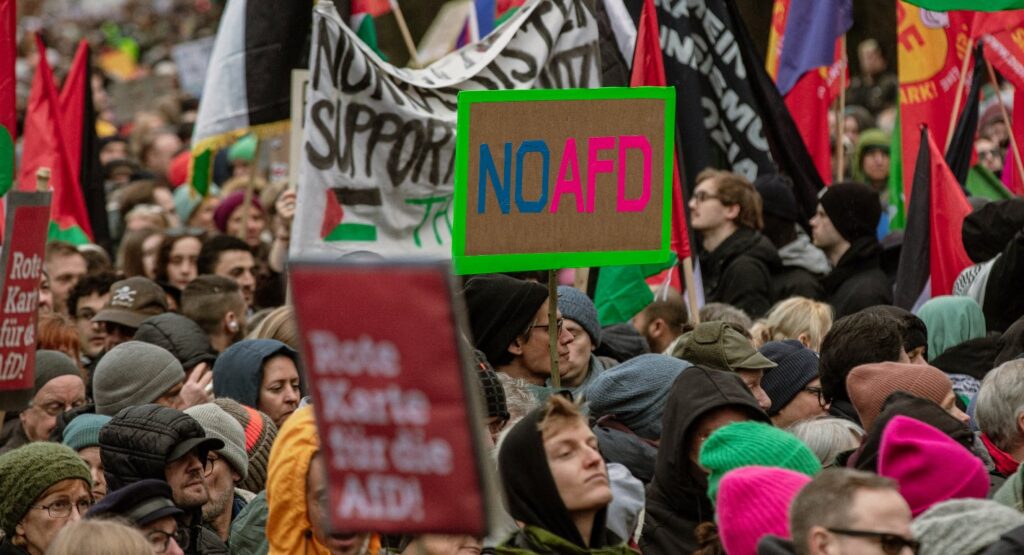Making War on Planet Earth

Honestly, doesn’t it befuddle you?
I mean, don’t you think we humans are kinda mad? And worse yet, at some deep level, we simply can’t seem to stop. All too often, we just can’t curb our urge to destroy.
Looking back, the desire to make war and obliterate our “enemies” is a deeply ingrained and repetitive pattern in our history. Each individual example can, of course, be explained (away) in its own fashion, but the overall pattern? Hmmm…





